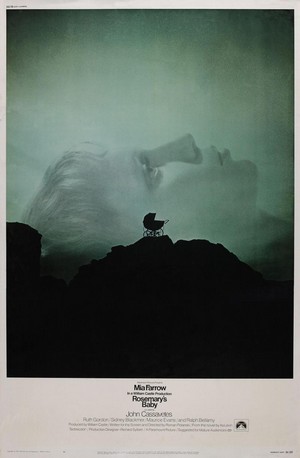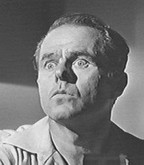
Rosemary's Baby (1968)
Wat Is Er Toch aan de Hand met Rosemary's Baby?

Raiting: ![]() 8,1 /10
8,1 /10
Genre: Horror
Director: Roman Polanski
Stars: Mia Farrow, John Cassavetes and Ruth Gordon
Country: United States
Release date: 12 June 1968
Length: 137 minutes







